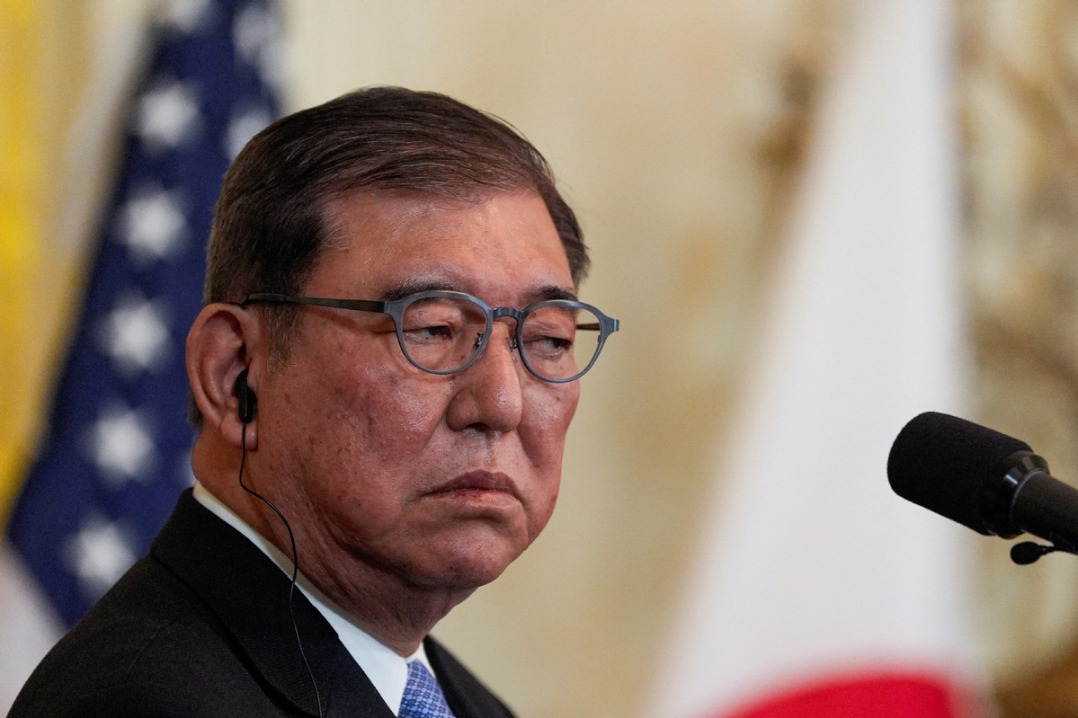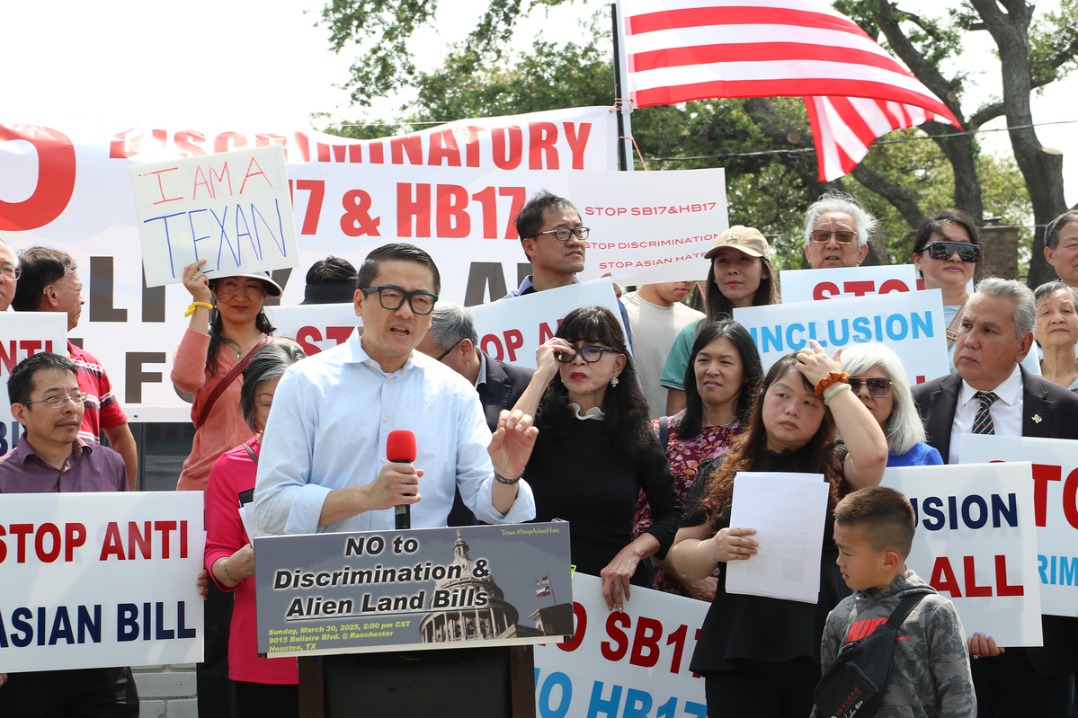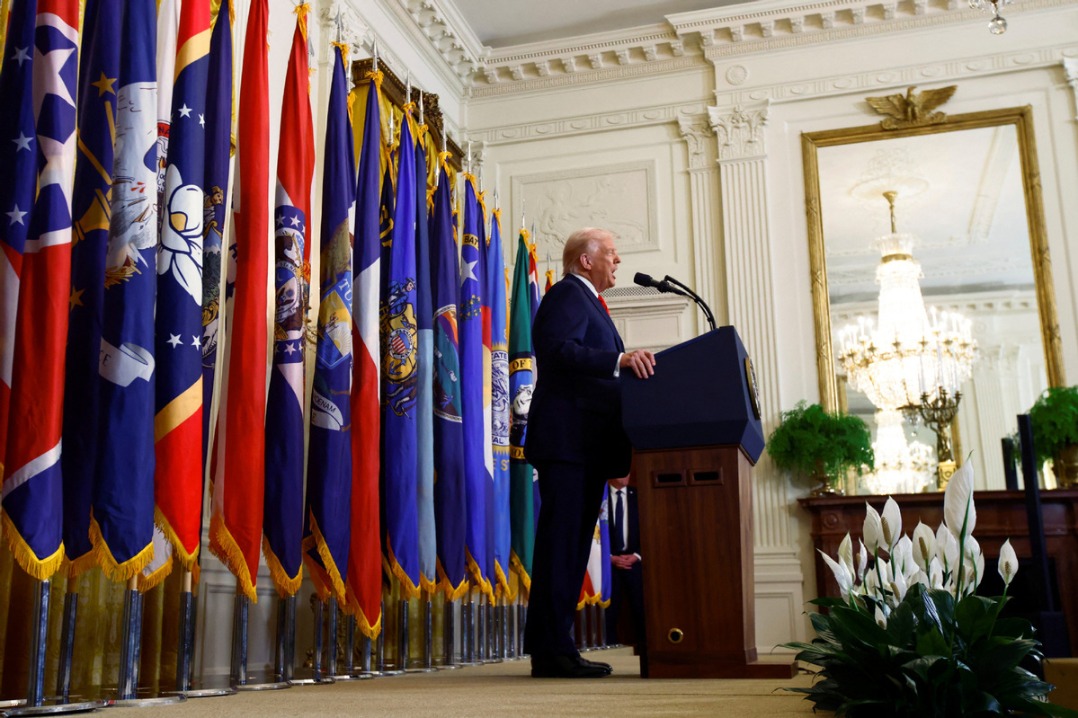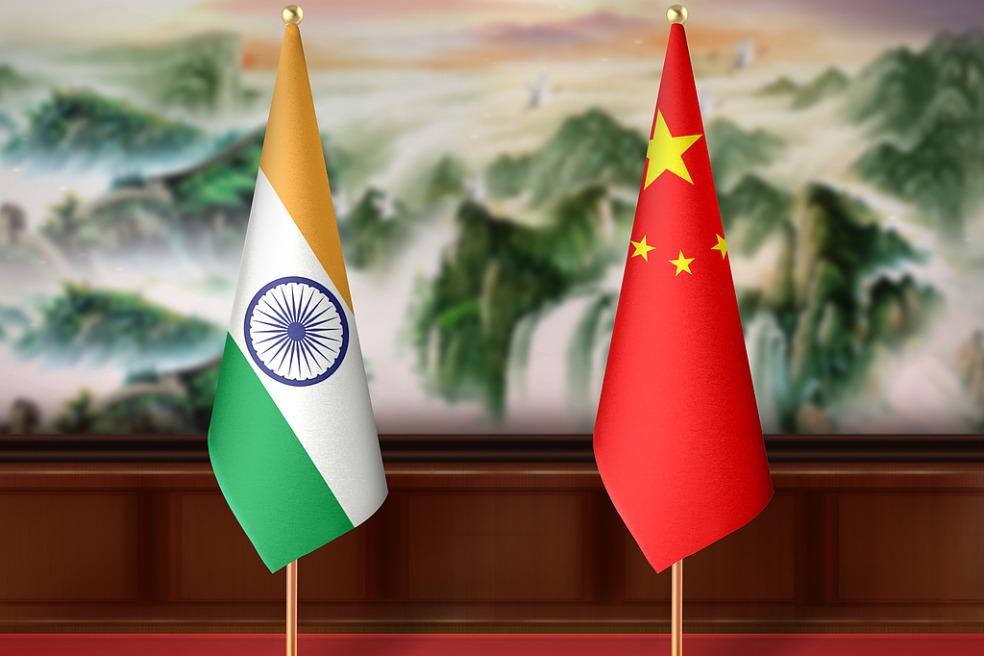China, EU urged to jointly boost free trade

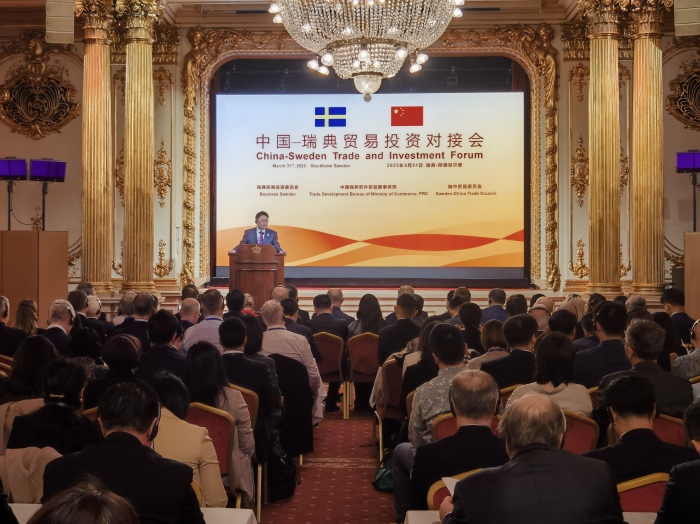
With many parts of the world facing unilateral pressure from the United States, government officials and business leaders have called on China and the European Union to stand together to uphold free trade as a powerful counterbalance to rising protectionism.
Apart from participating in the 13th meeting of economic and trade ministers of China, Japan and South Korea in Seoul last week, marking the resumption of trilateral talks after a five-year pause, China has organized a large business delegation to visit Sweden, Norway and Hungary from Saturday to Friday to deepen economic cooperation and seek fresh business opportunities, according to China's Ministry of Commerce.
During the China-Sweden Trade and Investment Forum held on Monday in Stockholm, Sweden, which brought together over 200 business representatives from both countries, Ling Ji, vice-minister of commerce and deputy China international trade representative, said that China and Sweden, as well as China and the EU, should work together to firmly defend multilateralism in the face of growing unilateralism and protectionism.
Swedish business leaders, including Jan Larsson, president and CEO of Business Sweden, and Ulf Pehrsson, chairman of the Sweden-China Trade Council, said that the Nordic country will strongly support free trade, promote business cooperation between the two countries, facilitate the application of Sweden's sustainable development concepts, technologies and innovations in China, and encourage Chinese businesses to invest in Sweden.
They said that Swedish companies remain optimistic about China's economic prospects, viewing the country not only as one of their most important markets and manufacturing hubs, but also as an increasingly vital center for research and development.
According to the Ministry of Commerce, the Chinese delegation arrived in Oslo, the Norwegian capital, late on Tuesday to promote bilateral economic and trade ties.
Since Sweden, Norway and Hungary are all taking a leading role in developing the new energy industry and have strong complementarity with China in terms of products and technology, there is tremendous potential for cooperation with Chinese companies, said Ding Rijia, a professor of industrial economy at China University of Mining and Technology in Beijing.
With economic and technological complementarity forming a solid foundation for China-EU cooperation, experts warned that external geopolitical pressure, particularly from the US, is creating new uncertainties to impact global trade dynamics.
Wang Wen, dean of the Chongyang Institute for Financial Studies at Renmin University of China in Beijing, said that at this stage, any company or country posing a threat to the "America First" policies could become a target of US suppression, and even allies of the US are not exempt.
For instance, after announcing 25 percent tariffs on car and light truck imports from all countries in late March, a decision that will significantly affect German, Swedish, Japanese and South Korean automakers, the US government is set to begin collecting these duties on Thursday.
"As the world recovers economically, it has become increasingly clear that unilateralism offers no sustainable path forward. Only by embracing multilateralism and preserving the World Trade Organization framework can global growth be sustained," said Wang.
Such concerns have also been expressed by scholars in Europe.
Marc Uzan, a French scholar and executive director of the Reinventing Bretton Woods Committee, a nonprofit organization based in the US, said that since the new US administration took office, tensions between the US and the EU have erupted on a large scale. Effective China-EU cooperation would help stabilize their economic growth, labor markets and the well-being of their people, Uzan said.
"Moreover, the US government seeks to leverage pressure on EU to serve its own political needs, both domestically and internationally," he said. "Given the EU's deep dependence on the US in many aspects, it has been forced to accelerate its efforts to pursue strategic autonomy."
zhongnan@chinadaily.com.cn
















